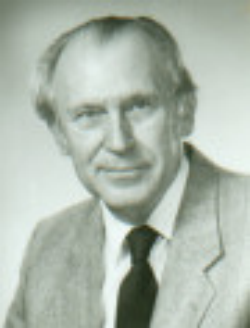Biographical Sketch:
Szára was the first to scientifically study the psychotropic effects of N,N-Dimethyltryptamine (DMT), performing research with volunteers in the mid-1950s. Szára had turned his attention to DMT after his order for LSD from the Swiss company Sandoz Laboratories was rejected on the grounds that the powerful psychotropic could be dangerous in the hands of a communist country.
Shortly after the Hungarian Revolution, Szára moved to the United States where he eventually became Chief of the Biomedical Branch of the U.S. National Institute on Drug Abuse. In the U.S., he worked with Julius Axlerod and others on the metabolism of DMT and related compounds in healthy and schizophrenic volunteers. Among other achievements, Szára and his colleagues characterized the biochemistry of the first three psychedelic cogeners of tryptamine: dimethyl-, diethyl-, and dipropyl-tryptamine (DMT, DET, and DPT), describing their pharmacokinetics and effects.
Szára’s research explored both the possibility that some tryptamines (DMT, in particular) might contribute to psychosis by forming in the brain as well as the possibility that some psychedelics might be useful in psychotherapy. In recent years, Szára has argued that psychedelic drugs should be studied in a ‘heuristic’ manner and that learning the mechanisms by which they affect the brain may “serve as keys to unlock the mysteries of the brain/mind relationship”.[3]
Szára is an Emeritus Fellow of the American College of Neuropsychopharmacology and Collegium Internationale Neuro-Psychopharmacologicum, and a member of the Scientific Advisory Board of the Heffter Research Institute. He was elected Honorary Member of the Hungarian Association of Psychopharmacology in 2007. He is also recipient of the Alcohol, Drug Abuse, and Mental Health Administration Administrator’s Meritorious Achievement Award and the Kovats Medal of Freedom from the American Hungarian Federation.
Topical Index:
Interview History:
Dates: Apr-97
Interviewer: L.Hollister
Transcript:
Papers:

